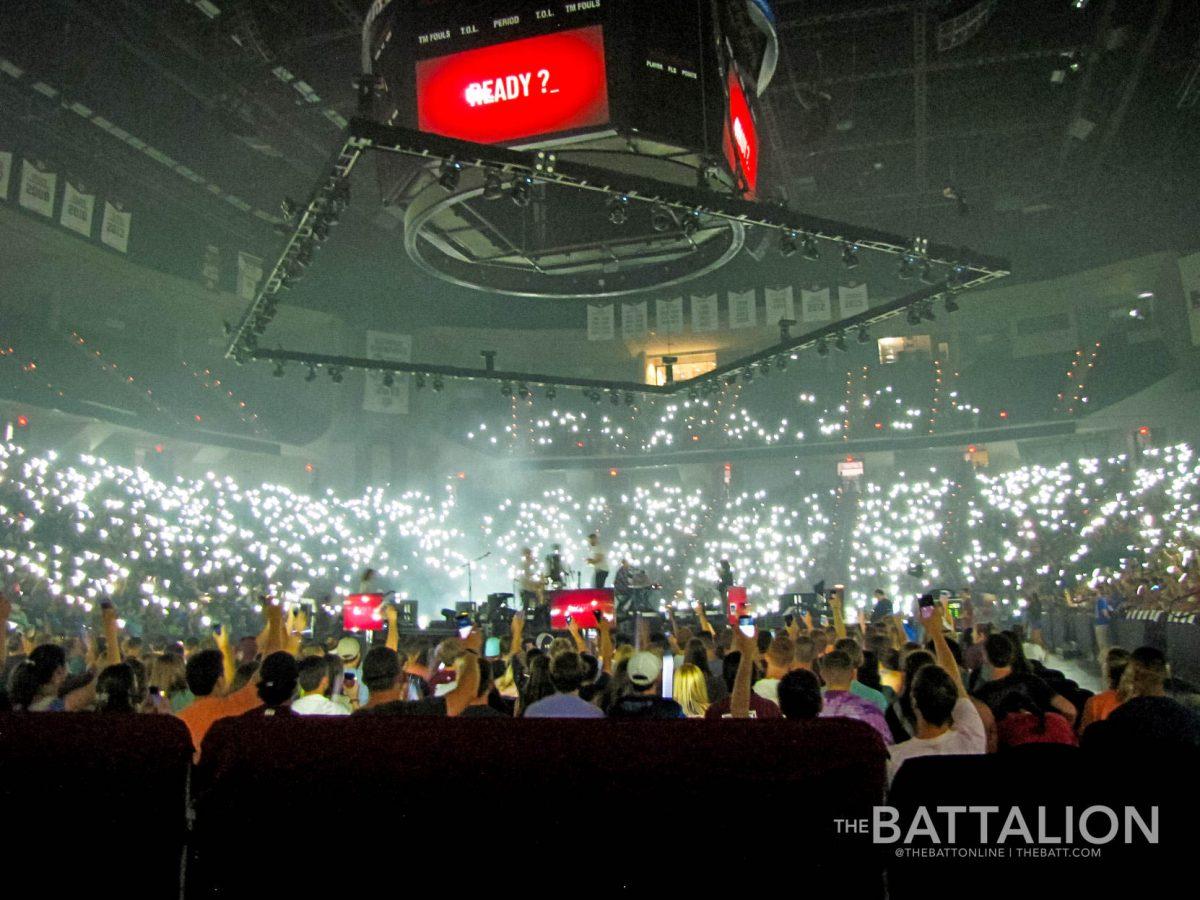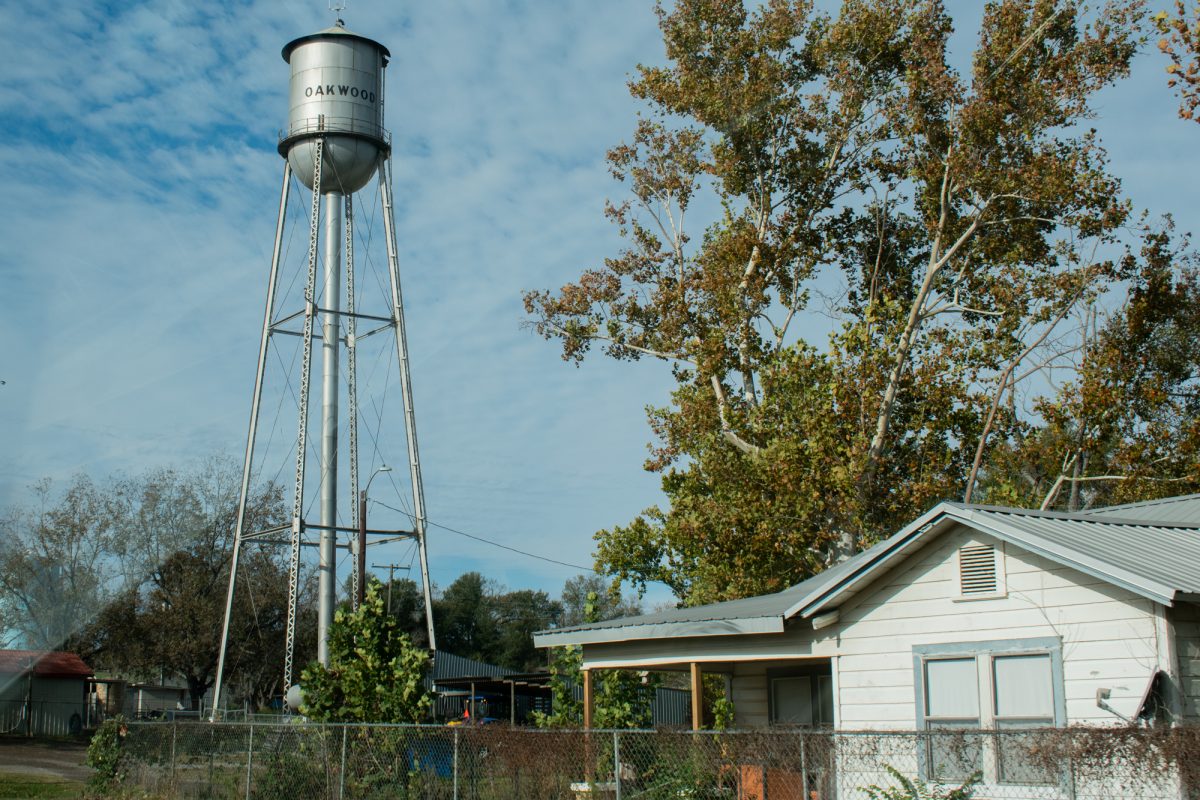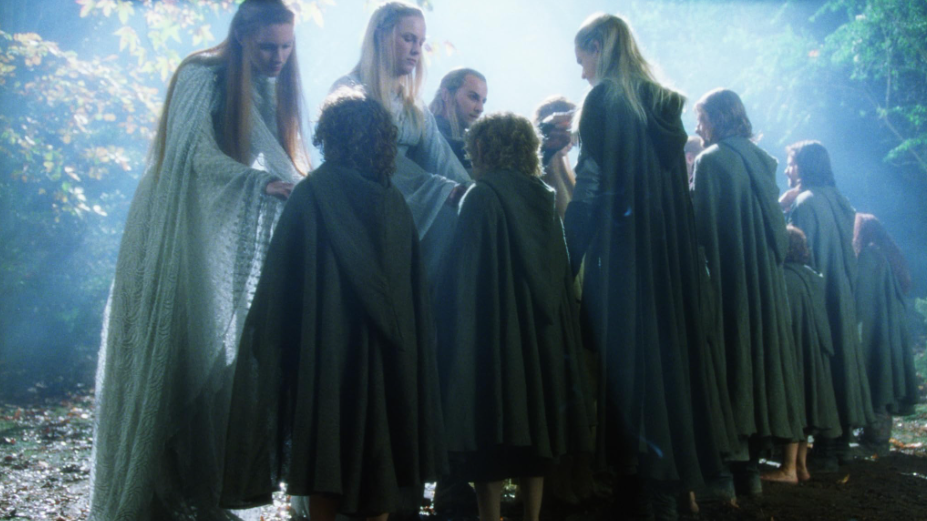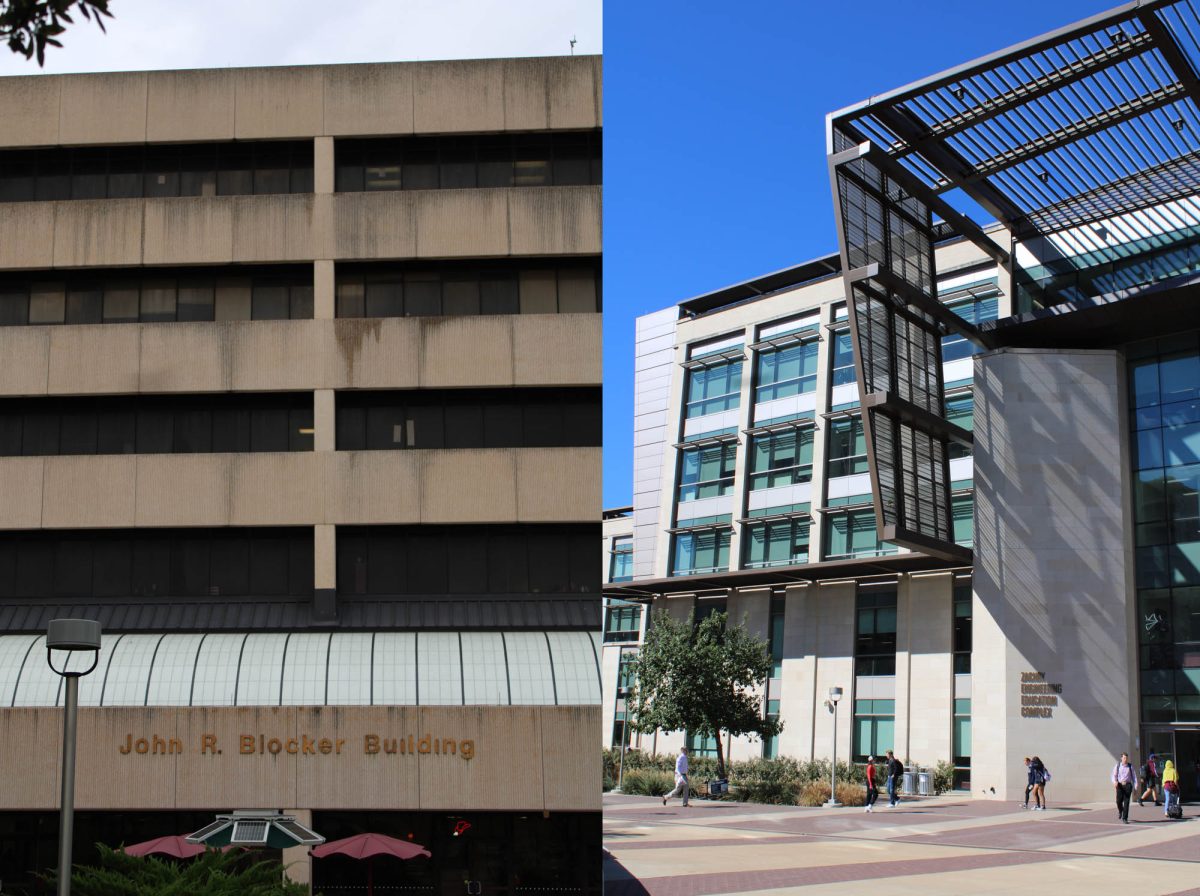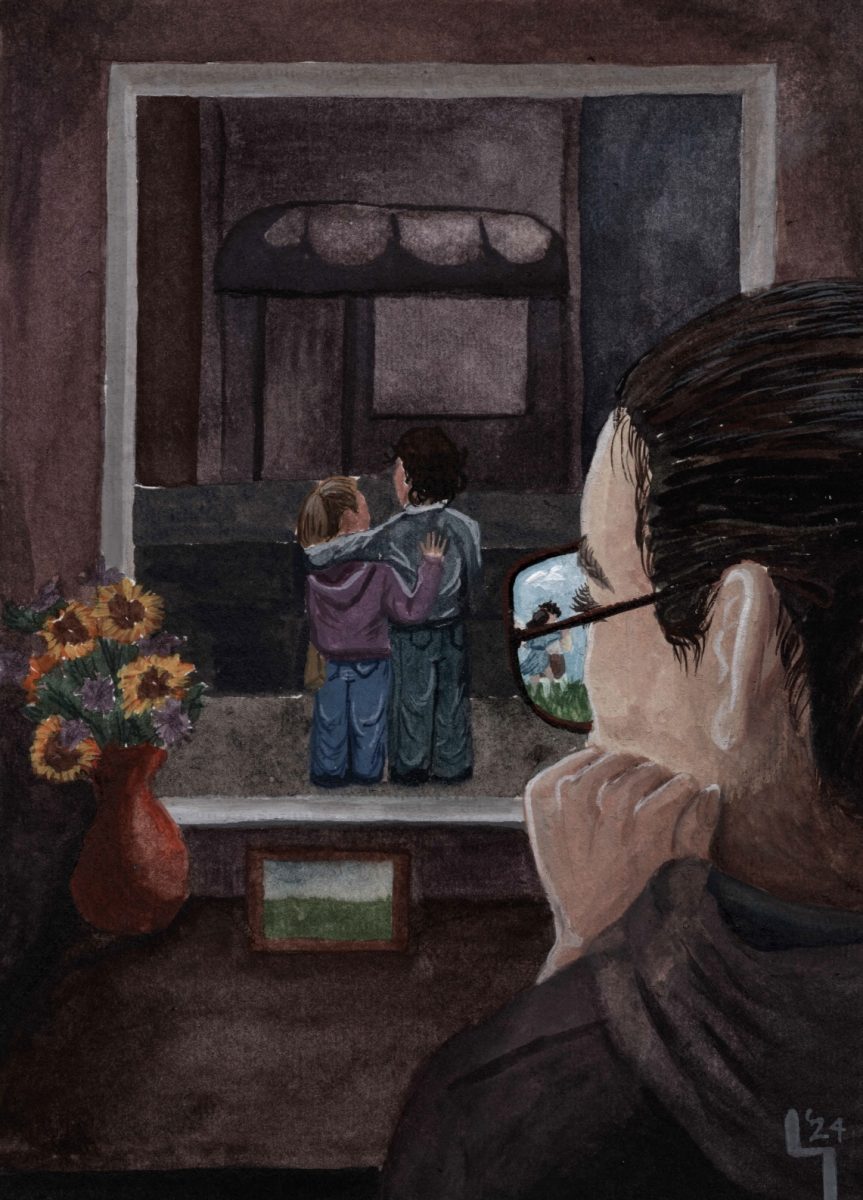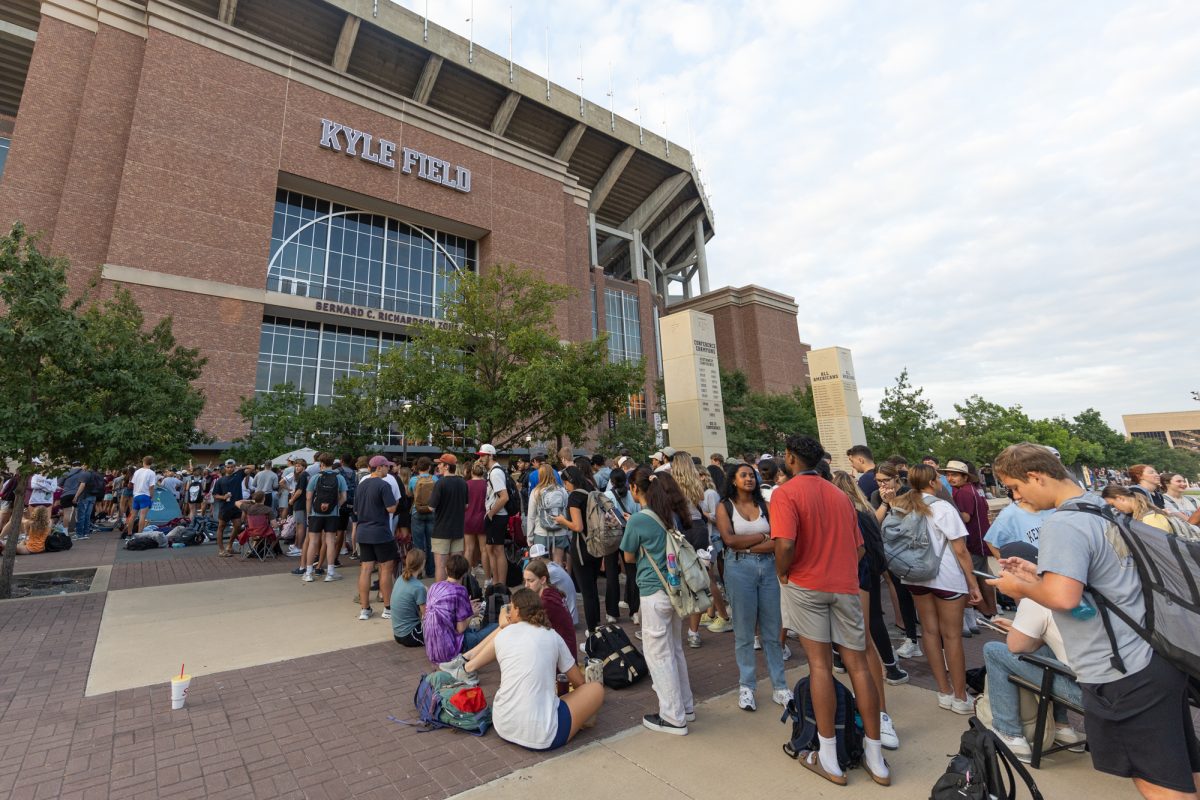I’m sure you’ve heard about the Asbury revival in the past week or so, but if you haven’t, here is some background: The movement began at Asbury University in Wilmore, Kentucky, where students gathered for their regular chapel meeting they attended as part of the Methodist university’s curriculum.
Asbury’s chapel didn’t end that night, though. It continued as a 24/7 prayer and worship marathon led by students continuously for two weeks.
The unique event quickly went viral on social media and caused a rush of voices announcing the start of a Christian revival.
As the Asbury event neared its end, an Aggie revival was just beginning. On Feb. 20, over a hundred students gathered to pray and baptize new Christians around the Aggie Park pond. Inspired by Asbury, the Aggie movement received an abundance of attention on Twitter and Christian news sites.
As a Christian Aggie witnessing the spiritual awakening of students on campus now, I’d like to share some traits I’ve observed from Asbury, what the Aggie movement has adopted and how anyone can learn from this movement’s exceptional example.
People with a worthy message stick together despite their differences.
The sermon that became the catalyst at Asbury was about feeling burdened. It served to unite students through one of those things that sadly unify their generation: poor mental health.
Students began showing their unabashed desperation for God, creating an environment where politics and theological differences didn’t matter anymore. As students began texting their friends to join them in the Asbury chapel, it was obvious that numerous Christian denominations were joining in.
That week, current and former students, as well as local Christian organizations, began sharing Facebook posts about the Aggie Park event. People of all ages pledged to attend or pray from their homes.
Even though the date and times for Aggie Park were planned, nothing else was. Students from different churches and class years volunteered to pray or sing and the event flowed naturally.
The fact that Aggies responded through a big prayer event showed they understood the importance of unification. The diverse Aggie family was eager to share hope to all, regardless of religious background.
Movements with an authentic message don’t need celebrities to give it legitimacy.
As word spread of the movement, thousands of people worldwide began pouring into the small Kentucky town. Asbury staff introduced the “no celebrities except Jesus rule.”
Their staff received offers of media coverage from celebrity pastors and musicians, but turned them down. They even rejected Tucker Carlson’s visit, citing the movement had nothing to do with politics or publicity.
Instead of going along with the normalized political, divisive, ways Christian movements have been known for trying to get attention, Asbury rejected outsider messages. Students at Asbury knew celebrities could’ve clouded or distorted the Gospel message and didn’t want to take that chance.
They sought to be a place of hope for a divided, dark America searching for truth. In that way, they were a counter-cultural force using humility.
Aggie Park showed there was no need for a stage, fancy lights or a sophisticated sound system, only humble students taking turns standing on a single chair, Bible in hand, facing crowds of students with eyes already closed in prayer.
It was organic, not flashy and not trying to be cool. It was pointing back to the message with no agenda.
When people truly believe in a cause, they take action no matter the sacrifice.
In this case, Christians studying Asbury from afar have been inspired with a new longing for God and to continue in service.
The exhaustion of the volunteers at Asbury was real, with many of them working early shifts at 8 a.m. to late night shifts at 1 a.m.
When I read this, I thought about the weekly sacrifices made by students who work with ministries like Breakaway on campus, who dedicate their Tuesday nights to service and how Aggie Park nights lasted until 3:30 a.m. with students still ready to keep going.
If this has taught us anything, it’s that a humble movement consists of people who desire only to glorify the message, not themselves.
Students plan to keep meeting every Monday at Aggie Park apart from their church groups.
There is an undoubtedly new attitude amongst students after Asbury; no parents or pastors telling us what to do or believe, just pure student conviction to move through unity.
There are many other movements passionate about their cause, but not like this. Some say time will tell whether this proves to be a true, historical revival, but the evidence is already endless.
Valerie Muñoz is a journalism junior and opinion writer for The Battalion.



